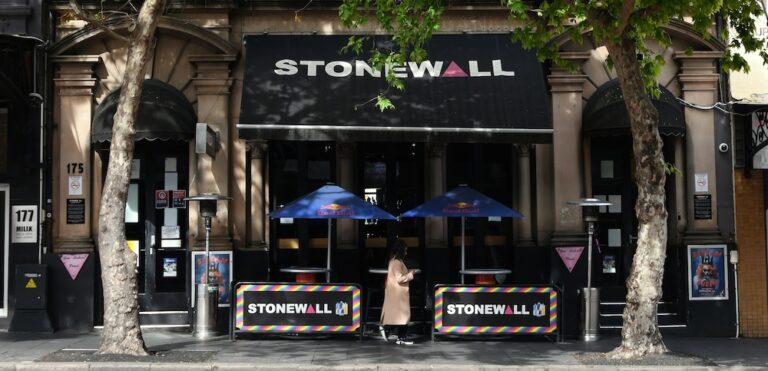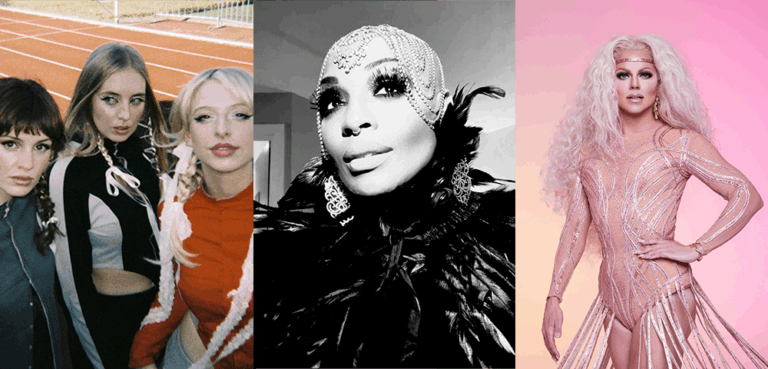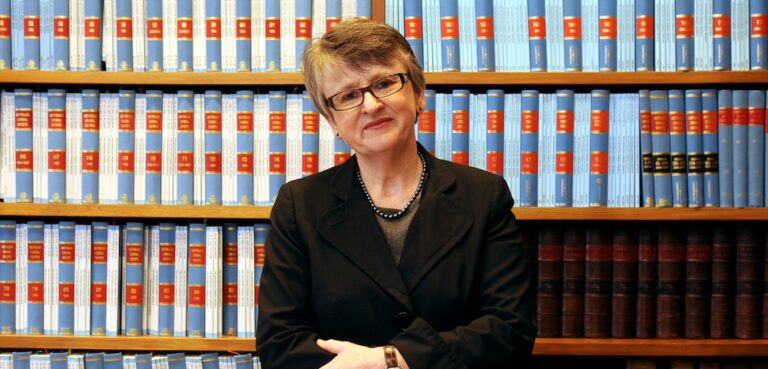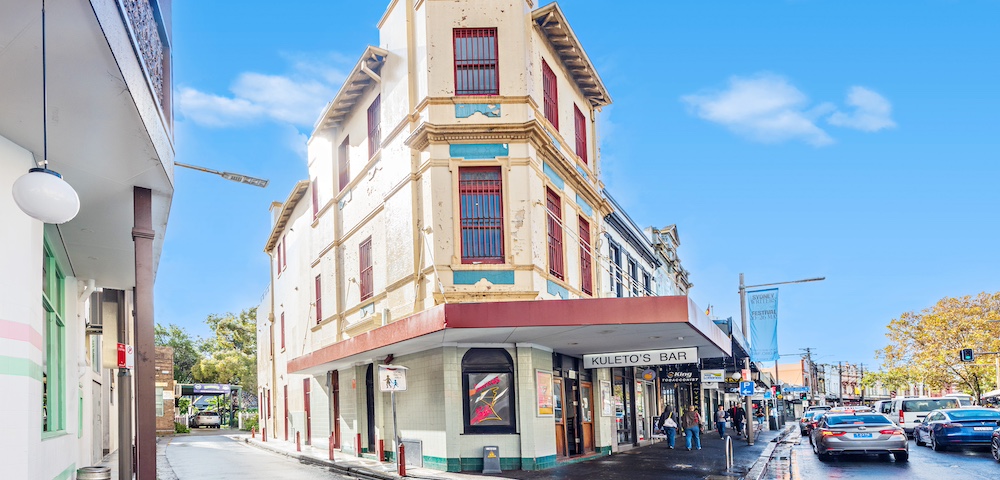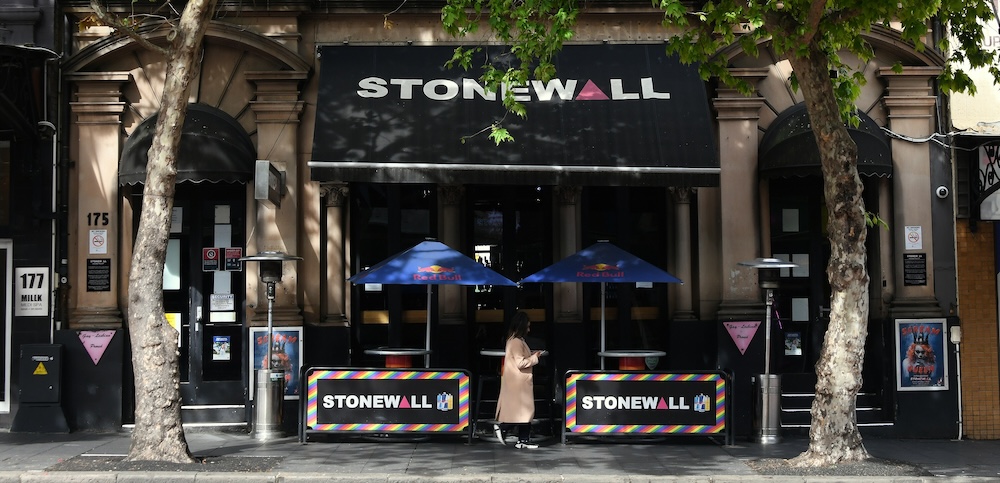
In with Broadway legends
When Ethel Merman sang There’s No Business Like Show Business, film-maker Rick McKay could only agree.
To him, the heart and soul of show business lived under the bright lights of New York’s Broadway.
A former singer and actor, McKay spent his small-town childhood glued to the TV set watching old movies.
He dreamt of making it to Broadway.
When he first saw a live show, it was Lauren Bacall in Applause -“ the stage musical version of All About Eve -“ and he was bowled over.
But when he finally moved to New York in 1981 he found Broadway had all but disappeared.
Rock musicals had muscled their way in and the days of 42nd Street and Sweeney Todd were slipping away.
Today, McKay is chirpy on the line from his beloved New York -“ this is his fourth interview today and there are two more to go.
He obviously loves talking about Broadway: The Golden Age, the magnificent obsession that swallowed 10 years of his life.
I have 350 hours of raw interviews and two sequels coming. After that I’m never going to another Broadway show again, McKay said.
He laughed but there’s a hint he could be serious.
McKay’s treasure chest of 140 interviews with performers, critics, composers, lyricists, producers and directors is arguably the most comprehensive Broadway archive now in existence.
Ninety-four of these interviews made their way into the first film of his Broadway trilogy.
It’s remarkable the breadth of talent he coaxed into the interview chair, from Bea Arthur to Stephen Sondheim and Hal Prince, Robert Goulet, Hume Cronyn, Angela Lansbury, Shirley MacLaine and Gwen Verdon.
Lovingly subtitled By the legends who were there, McKay’s tribute traces Broadway from the 1930s to the 1960s.
It’s packed with million-dollar anecdotes of onstage drama and backstage gossip from those who chose the rawness (and poverty) of the stage over the glamour of the big screen.
The frankness of some of the interviewees was undoubtedly due to the unobtrusive nature of McKay’s filming technique -“ a small digital camera, a couple of lights and Rick McKay beaming across at his idols.
Bea Arthur said to me, -˜I only told you those things because I didn’t think you’d pull it off,’ McKay laughed, adding that Arthur became a great advocate for the project.
McKay also hunted down some rare film and audio recordings including a silent home movie of Angela Lansbury performing in Mame and the only screen test of Laurette Taylor, an actor much nominated by McKay’s cast as the performer who most inspired them, a woman whose performance was so natural that she seemed not to be acting.
It was so much fun to discover all that footage. I begged people, I looked on the internet, I asked people’s relatives, McKay said.
It came from everywhere.
Everywhere including from Marlon Brando who, McKay said, at first refused to appear.
But when he saw a rough cut of the film Brando rang McKay and they became phone buddies.
It was Brando who helped McKay find the audio of Brando and Jessica Tandy in the original stage production of A Streetcar Named Desire.
McKay said, I really wanted the world to remember him as a great actor -“ not as the movie star who got fat.
McKay’s project is timely: many of the people he interviewed are nearing the end of their season.
Several have died -“ Brando, Fay Wray, Jerry Orbach, Karl Malden, Hume Cronyn, Uta Hagen and Gwen Verdon, who died two weeks after Rick McKay interviewed her.
Not long after, McKay was pitching the documentary to a distributor.
They said to get Julia Roberts to walk through Times Square because no one was interested in these old people, he recalled.
And then I remembered when Gwen [Verdon] came to my place for her interview, I didn’t have the money for car services. When her interview ended, I felt guilty.
I said, -˜Miss Verdon, can I take you downstairs and get you a taxi cab?’ And she said, -˜No, no one knows who I am any more. Forty years ago, I couldn’t walk down a New York City street without being mobbed, and now if anyone recognises me it’s as one of the old ladies in the Cocoon movies.’
When these people sit at your feet and just talk, you want to do them justice. They chose live theatre and not Hollywood. They’ve got the highest skill and craft and the price they paid is that nothing is recorded. They can be forgotten so much faster.
Broadway: The Golden Age is screening at Dendy Cinemas.


